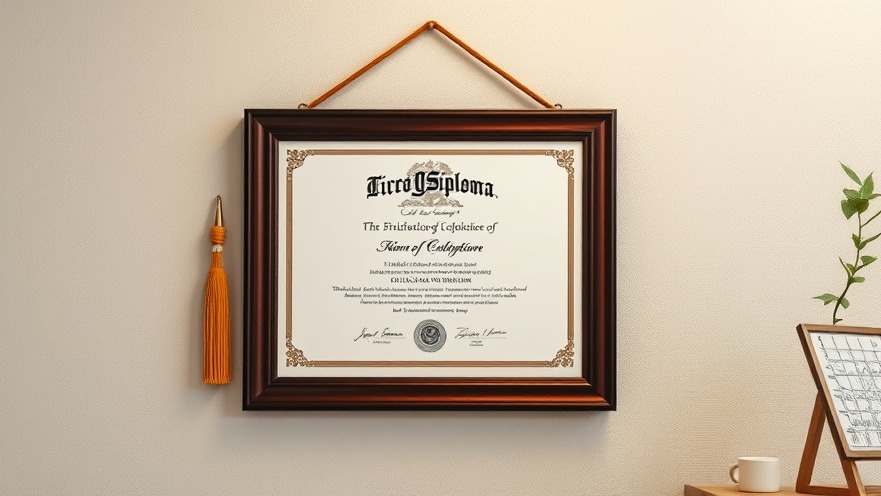
Texas Takes the Lead in Psychology Licensing Reform
In a significant move that could reshape the landscape of psychology licensing, Texas has announced plans to develop its own state examination for psychologists. This decision comes amid widespread criticism of the national certification process, particularly the introduction of a costly new skills test by the Association of State and Provincial Psychology Boards (ASPPB). The Texas State Board of Examiners of Psychologists aims to create a less expensive alternative, reflecting the needs of a state grappling with a severe shortage of mental health professionals.
Understanding the Context
Texas, the largest state by area in the continental U.S., is facing a critical shortage of mental health professionals. Good mental health care is crucial, especially in a state where more than 5 million residents lack health insurance. With 246 out of 254 counties designated as mental health professional shortage areas, this new approach to psychology licensing could alleviate some of the barriers facing aspiring psychologists.
The ongoing challenges in Texas aren't just limited to the lack of mental health providers. The new requirements implemented by the national board—adding a $450 skills test on top of an $800 knowledge exam—have escalated the costs and complexities of entering the profession. This added financial burden was the catalyst that triggered pushback from various stakeholders within Texas.
The Stakeholder Feedback Loop
Engaging with health professionals and educational institutions, the Texas State Board of Examiners led discussions to identify essential skills and knowledge for the new exam. Board chair John Bielamowicz emphasized the importance of “seeking a whole lot of input from stakeholders across the state.” This community-driven approach aims to build a certification pathway that is both effective and financially accessible.
Challenges with the National Exam
The national psychology licensing exam has been in place since 1965, but the recent updates have sparked allegations from the Texas Behavioral Health Executive Council, arguing that the ASPPB's modifications may violate federal antitrust laws. The national board denied these claims, stating that changes were made based on comprehensive research and the need for standardized qualifications.
The Future of Texas Psychology Licensing
As Texas embarks on this journey, the success of the state exam could set a precedent for other states facing similar issues. Could Texas's proactive stance lead to nationwide reforms in psychology licensing? The outcome remains to be seen, but it opens the door to meaningful discussions on how psychological services are delivered and accessed.
Benefits of State-Specific Licensing Exams
Developing a state-specific exam not only has the potential to reduce costs but also aligns more closely with the unique needs of Texas residents. This tailored approach could enhance the quality of care by ensuring that psychologists are well-versed in state-specific regulations and cultural dynamics. Moreover, removing additional financial barriers may encourage a more diverse range of candidates to pursue a career in psychology.
Closing Thoughts
The evolution of psychology licensing in Texas signifies more than just a procedural change; it's a commitment to bolster mental health care in a state that desperately needs it. For those considering a career in psychology, this could pave the way for more accessible entry into the profession, resulting in a healthier Texas for all. As Texas leads the charge, it is crucial to pay attention to how this initiative unfolds and its implications for mental health systems across the nation.
 Add Element
Add Element  Add Row
Add Row 



Write A Comment